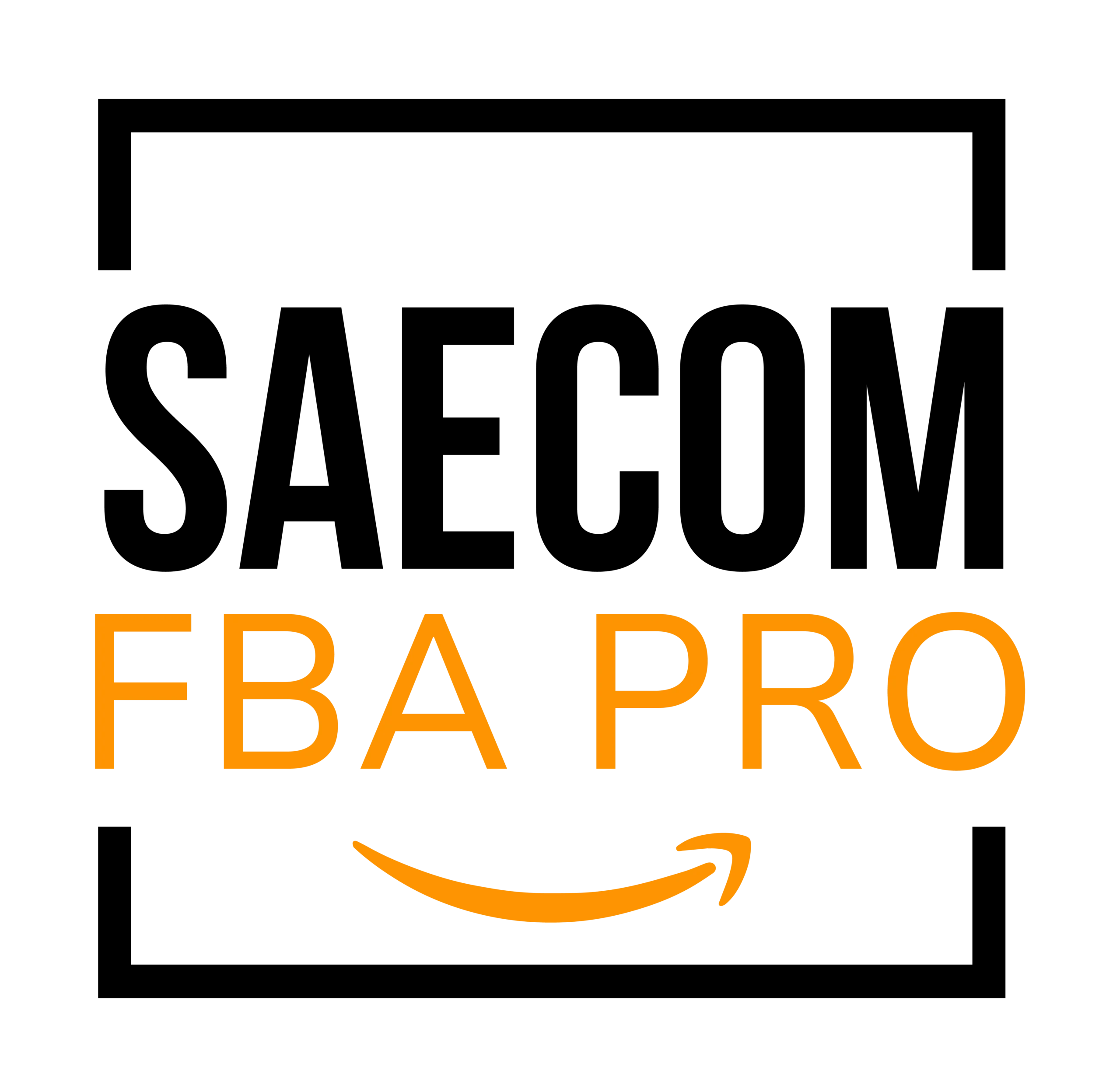Getting the Edge: Vancouver SEO Strategies
SEO services in Vancouver
As the digital landscape continues to evolve, businesses in Vancouver are finding themselves in a competitive race for online visibility. In this cutthroat environment, having a well-planned and executed Vancouver SEO strategy is essential for outranking the competition and reaching the top of search engine result pages. But with so many factors to consider, where should Vancouver businesses focus their efforts?
In this article, we will explore the winning Vancouver SEO strategies that can give your business the edge it needs. From leveraging local search trends to optimizing your website for mobile users, we will delve into the tactics that can help you dominate the search rankings.
But remember, effective SEO is not just about implementing the latest trends or using the right keywords. It’s about understanding your target audience and delivering the content they are actively searching for. It’s about building a solid foundation of on-page and off-page optimization techniques that can withstand any algorithm updates. To gain the upper hand in the Vancouver market, it’s time to take your SEO game to the next level.
Understanding the basics of SEO
Search engine optimization (SEO) is the process of optimizing your website to improve its visibility on search engine result pages (SERPs). It involves various techniques and strategies that aim to increase organic traffic to your site. To understand Vancouver SEO strategies, it’s important to grasp the basics.
One of the fundamental aspects of SEO is keyword research. By identifying the keywords and phrases that your target audience is using to search for products or services, you can optimize your website’s content accordingly. Conducting thorough keyword research will help you uncover high-potential keywords that are relevant to your business.
Another crucial element of SEO is on-page optimization. This involves optimizing the content and structure of your website’s individual pages to make them more search engine and user-friendly. On-page optimization techniques include optimizing meta tags, header tags, URLs, and incorporating relevant keywords naturally throughout your content.
Off-page optimization is equally important. This refers to activities that take place outside of your website but still contribute to its overall SEO. Building high-quality backlinks, engaging in social media marketing, and guest blogging are just a few examples of off-page optimization strategies that can improve your website’s authority and visibility.
The importance of keyword research
Keyword research forms the foundation of any successful SEO strategy. By identifying the keywords and phrases that your target audience is using to search for products or services, you can optimize your website’s content to match their search intent. This helps search engines understand the relevance of your website to specific queries and can improve your organic rankings.
When conducting keyword research, it’s important to consider both the search volume and competition for each keyword. High search volume indicates that a lot of people are searching for that particular keyword, while low competition suggests that there are fewer websites targeting that keyword. Identifying keywords with high search volume and low competition can give your website a competitive advantage.
In addition to search volume and competition, it’s essential to consider the relevance of keywords to your business. Choosing keywords that are directly related to your products or services will attract qualified traffic to your website. Researching long-tail keywords, which are more specific phrases, can also help you reach a more targeted audience.
Once you have identified your target keywords, it’s important to strategically incorporate them throughout your website’s content. This includes optimizing meta tags, header tags, URLs, and incorporating keywords naturally within your page copy. However, it’s crucial to avoid keyword stuffing, as search engines can penalize websites that engage in this practice. Instead, focus on creating high-quality, valuable content that naturally incorporates your target keywords.

On-page optimization strategies
On-page optimization involves optimizing the content and structure of your website’s individual pages to make them more search engine and user-friendly. By implementing on-page optimization techniques, you can improve your website’s visibility and relevance to search engines.
One of the key on-page optimization techniques is optimizing meta tags. Meta tags provide information about your webpage to search engines and users. The title tag, which appears as the headline in search engine results, should include your target keyword and accurately describe the content of your page. The meta description, which appears below the title tag, should provide a concise summary of your page’s content to entice users to click.
Header tags, such as H1, H2, and H3, also play a crucial role in on-page optimization. These tags help search engines understand the structure and hierarchy of your content. It’s important to include your target keywords in these header tags to signal their relevance to search engines. Additionally, header tags make your content more scannable and user-friendly, improving the overall user experience.
Optimizing your website’s URLs is another important on-page optimization technique. A clean and concise URL structure that includes relevant keywords can improve your website’s visibility and click-through rates. Avoid using generic URLs with numbers or random characters, as they provide little context to search engines and users.
Another aspect of on-page optimization is creating high-quality, valuable content. Search engines prioritize websites that provide valuable information to users. By creating content that answers users’ questions, solves their problems, or provides useful insights, you can attract organic traffic and establish your website as an authority in your industry.
Off-page optimization strategies
Off-page optimization refers to activities that take place outside of your website but still contribute to its overall SEO. These strategies help improve your website’s authority, visibility, and reputation, ultimately boosting your organic rankings.
Building high-quality backlinks is one of the most effective off-page optimization strategies. Backlinks are links from other websites that point to your site. Search engines view backlinks as a vote of confidence and trust, indicating that your website is a valuable resource. The more high-quality backlinks you have, the more likely search engines are to view your website as authoritative.
To build backlinks, you can reach out to relevant websites and offer to contribute guest posts or provide valuable insights. By creating high-quality content that other websites want to link to, you can naturally attract backlinks. Additionally, participating in industry forums, engaging with influencers, and leveraging social media can also help you build backlinks and increase your website’s visibility.
Engaging in social media marketing is another effective off-page optimization strategy. Social media platforms provide an opportunity to connect with your target audience, promote your content, and build brand awareness. By sharing valuable content, engaging with your followers, and encouraging social sharing, you can increase your website’s visibility and attract organic traffic.
Online reputation management is also a crucial aspect of off-page optimization. Monitoring and responding to online reviews, managing your brand’s online presence, and actively engaging with your audience can help build trust and credibility. Positive online reviews and a strong online reputation can significantly impact your website’s visibility and organic rankings.
Local SEO for Vancouver businesses
For Vancouver businesses, local SEO is a critical component of any SEO strategy. Local SEO focuses on optimizing your website to appear in local search results when users search for products or services in a specific geographic location. By leveraging local search trends, you can attract highly targeted traffic and gain a competitive edge in the Vancouver market.
To optimize your website for local search, start by creating a Google My Business (GMB) profile. GMB is a free tool provided by Google that allows you to manage your business’s online presence and appear in local search results. Ensure that your GMB profile is complete and up-to-date with accurate business information, such as your address, phone number, and business hours.
Consistency is key when it comes to local SEO. Make sure that your business name, address, and phone number (NAP) are consistent across all online directories, including your website, social media profiles, and third-party review sites. Inconsistent NAP information can confuse search engines and users, negatively impacting your local search rankings.
Optimizing your website’s content for local keywords is another important aspect of local SEO. Incorporate location-specific keywords within your website’s content, meta tags, and header tags to signal your relevance to local search queries. For example, if you’re a bakery in Vancouver, include keywords such as “Vancouver bakery,” “best bakery in Vancouver,” or “bakery near me.”
Encouraging online reviews and testimonials from satisfied customers can also improve your local search rankings. Positive reviews not only build trust and credibility but also send signals to search engines that your business is reputable and reliable. Encourage your customers to leave reviews on your GMB profile, third-party review sites, and social media platforms.
The role of content in SEO
Content plays a crucial role in SEO. Search engines prioritize websites that provide valuable, relevant, and well-structured content. By creating high-quality content that aligns with your target audience’s search intent, you can attract organic traffic and improve your website’s visibility and rankings.
When creating content for SEO, it’s important to consider the keywords and topics that your target audience is actively searching for. Conducting keyword research and identifying long-tail keywords can help you uncover high-potential content ideas. By addressing these topics in your content, you can provide valuable information to users and increase your website’s visibility in search results.
In addition to keywords, it’s important to prioritize user experience when creating content. Write for your audience, not search engines. Make your content easy to read, engaging, and informative. Break up your content with subheadings, bullet points, and visuals to improve readability. Remember to include relevant internal and external links to provide additional value to users and signal to search engines that your content is well-researched and authoritative.
Regularly updating and refreshing your content is also important for SEO. Search engines favor websites that provide fresh, up-to-date information. By regularly publishing new content, updating old blog posts, and addressing frequently asked questions, you can demonstrate to search engines that your website is a reliable source of information.
Utilizing social media for SEO
Social media platforms provide an opportunity to connect with your target audience, promote your content, and increase your website’s visibility. While social media signals do not directly impact search engine rankings, utilizing social media effectively can indirectly improve your SEO efforts.
Firstly, social media platforms provide an additional channel for promoting your content and attracting traffic to your website. By sharing your blog posts, articles, infographics, and other valuable content on social media, you can increase its visibility and reach a wider audience. Engaging with your followers, responding to comments, and encouraging social sharing can help amplify your content’s reach and attract organic traffic.
Secondly, social media profiles often rank well in search engine results. When users search for your brand or business name, your social media profiles are likely to appear on the first page of search results. Optimizing your social media profiles with relevant keywords, a compelling description, and links to your website can improve your brand’s visibility and increase the likelihood of users visiting your website. Lastly, social media can provide valuable insights into your target audience’s interests, preferences, and behavior. By analyzing social media metrics, such as engagement, reach, and demographics, you can gain a better understanding of your audience and tailor your content and SEO strategy accordingly. This data can help you create more targeted and relevant content that resonates with your audience, improving your website’s visibility and organic rankings.
Tracking and analyzing SEO performance
It is important to track and analyze your SEO performance. By monitoring key metrics and analyzing data, you can make data-driven decisions and optimize your SEO strategy for better results.
One of the most important metrics to track is organic traffic. Organic traffic refers to the number of visitors who land on your website through organic search results. By monitoring changes in organic traffic over time, you can assess the impact of your SEO efforts and identify any fluctuations or trends.
Another crucial metric to track is keyword rankings. Keep an eye on your website’s rankings for target keywords to see if your SEO strategy is yielding positive results. Tools like Google Search Console and third-party SEO tools can provide insights into your keyword rankings and help you identify keywords that require further optimization.
Tracking user engagement metrics, such as bounce rate, time on page, and conversion rate, can also provide valuable insights into your website’s performance. High bounce rates or low time on page may indicate that your content is not meeting users’ expectations or that your website’s user experience needs improvement. Analyzing these metrics can help you identify areas for optimization and enhance the overall user experience.
Analyzing backlink data can also provide insights into your website’s authority and reputation. Monitor the number of backlinks, the quality of referring domains, and the anchor text used for your backlinks. This data can help you identify opportunities for building new backlinks, as well as identify any potentially harmful backlinks that may need to be disavowed.
Conclusion: Implementing Vancouver SEO strategies for success
Implementing effective Vancouver SEO strategies requires time, knowledge, and expertise. If you’re overwhelmed or unsure about where to start, hiring an SEO agency in Vancouver can be a wise investment. An experienced SEO agency can help you navigate the complexities of SEO, implement best practices, and achieve your business goals.
When choosing an SEO agency, it’s important to consider their track record and experience. Look for agencies that have a proven record of success and have worked with businesses in your industry. Ask for case studies or client testimonials to assess the agency’s expertise and the results they have achieved for their clients.
Transparency and communication are also key factors to consider when hiring an SEO agency. A reputable agency should provide regular updates and reports on the progress of your SEO campaigns. They should be transparent about their strategies, techniques, and any changes that may impact your website’s performance. Clear communication ensures that you are well-informed and can make informed decisions regarding your SEO strategy.
Lastly, consider the agency’s approach to SEO. Look for agencies that focus on building long-term, sustainable SEO strategies rather than employing quick-fix tactics. A quality SEO agency will prioritize delivering value to users and aligning your website with search engine guidelines. Avoid agencies that promise overnight results or engage in black hat SEO practices, as these can result in penalties and long-term damage to your website’s visibility.


